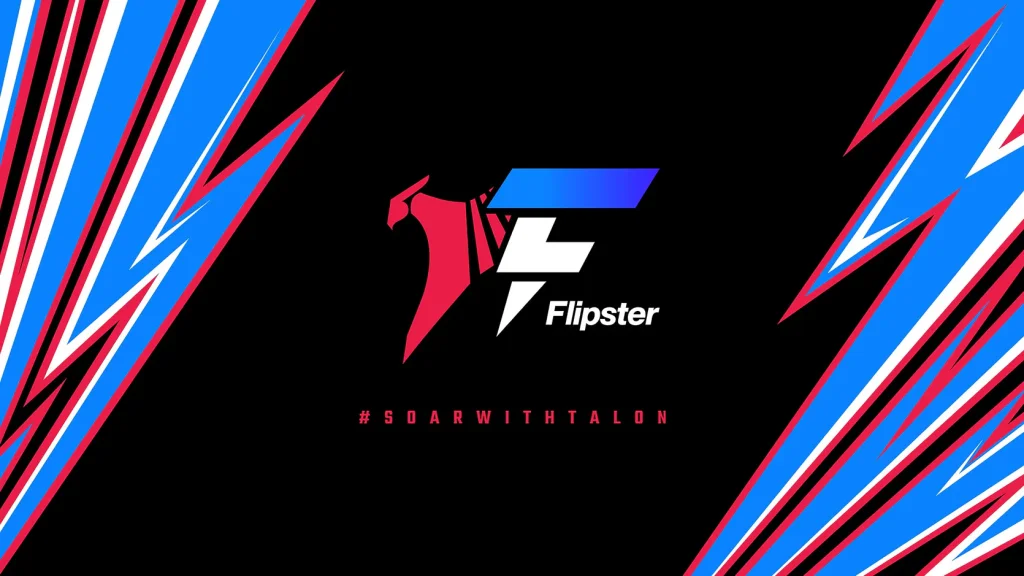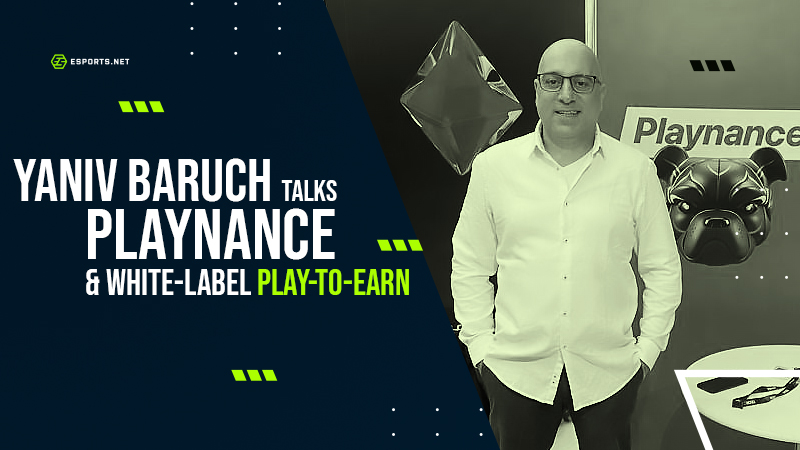
Animoca bought Eden Games, but can they be trusted with NFTs?
Earlier this month, rising gaming firm Animoca Brands shut down their game known as F1 Delta Time which utilized NFTs and the play-to-earn model. The game model lets players gain tokens that can be exchanged for real monetary value.
All the loss of value is not stopping Animoca pursue yet another racing game developer.

Gear.Club
Animoca buys Eden Games
Surprising act by the company that just shut down their own game after losing the license to keep the Formula 1 racing brand took place. Animoca Brands acquired Eden Games – a game publisher based in France best known for working for titles such as Gear.Club and the Test Drive series of games. The deal was priced at $15.3 million, wherein Animoca now owns 96% of the whole company.
The deal will allow Animoca to bring back and improve its REVV Motorsport (REVV) ecosystem which is embodied by their racing games such as MotoGP: Ignition, Formula E: High Voltage, and Torque Drift. All of these games as connected to the Ethereum blockchain, primarily with the Polygon network.
Yat Siu, Animoca Brands’ co-founder, and chairman mentioned in a statement that their acquisition of Eden will “add value to the REVV community and the racing metaverse.”
But..
Should we trust Animoca regarding NFTs?
Now, with all of the happenings above being considered, the question is pretty straightforward. If you want to invest in one of their games, is trusting Animoca still worth it?
For those who invested in F1 Delta Time, this is already hard to do. Making all investments worthless and not getting their return of investment proves that you should not take this decision lightly. Though everything that happened is legal, these indirect rug pulls are really disturbing and may not be really healthy for the rising and growing world of crypto and NFTs.
One example other than F1 Delta Time shutting down is what happened with the Filipino NFT and play-to-earn project known as the now-infamous “Surf Shark Society.” According to the project’s founders, the developers ran away and stole all the money that came from the investors amounting to almost $345,000. Not just it made the money those potential investors of the project worthless, but it also affected the whole Filipino NFT community as a whole. Rather than positively boosting the already negatively-seen world of NFTs and crypto, it may just do the reverse and could even cause more doubts or misconceptions about it.
We don’t quite know why Animoca lost their license to the F1 series, but we can not be sure they wont lose any more licenses to their other branded series either.
It is up to you if you would want to risk investing to play Animoca’s future games. Factors that could be considered in shutting down NFT or play-to-earn projects include the slow or negative response from the community as a whole. It may come through a form of disliking the game mechanics, loss of interest in the gameplay or the project, or it just did not work the way it was supposed to be.
With F1 Delta Time’s case, it was more on the licensing thing that had the problem. Yet still, there is an underlying reason why the supposed license renewal did not take place.












